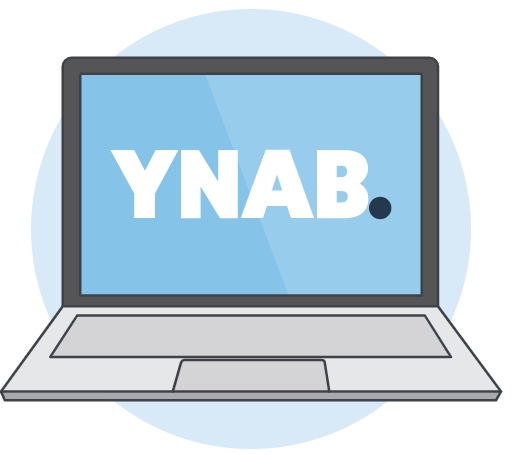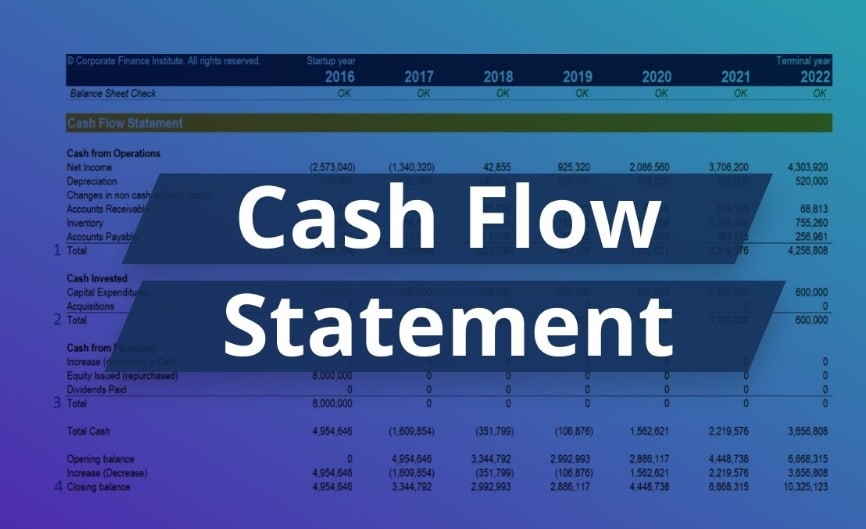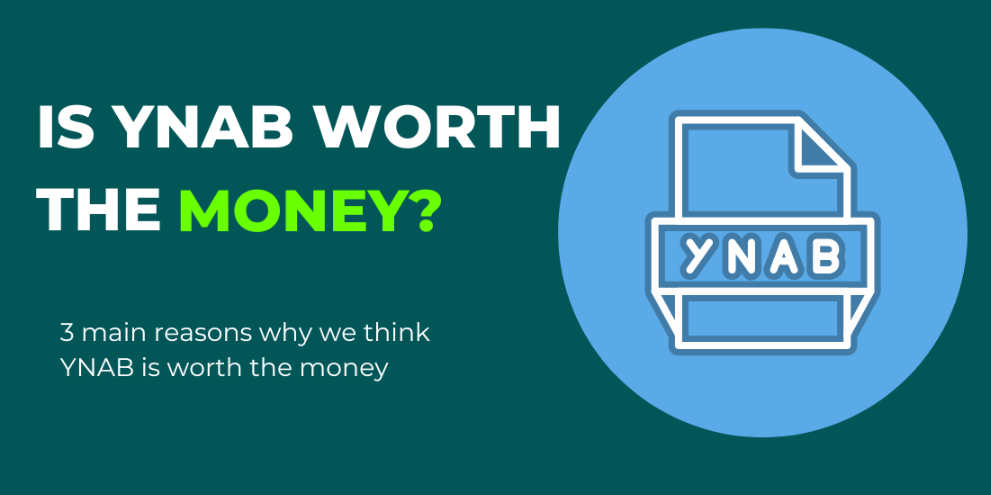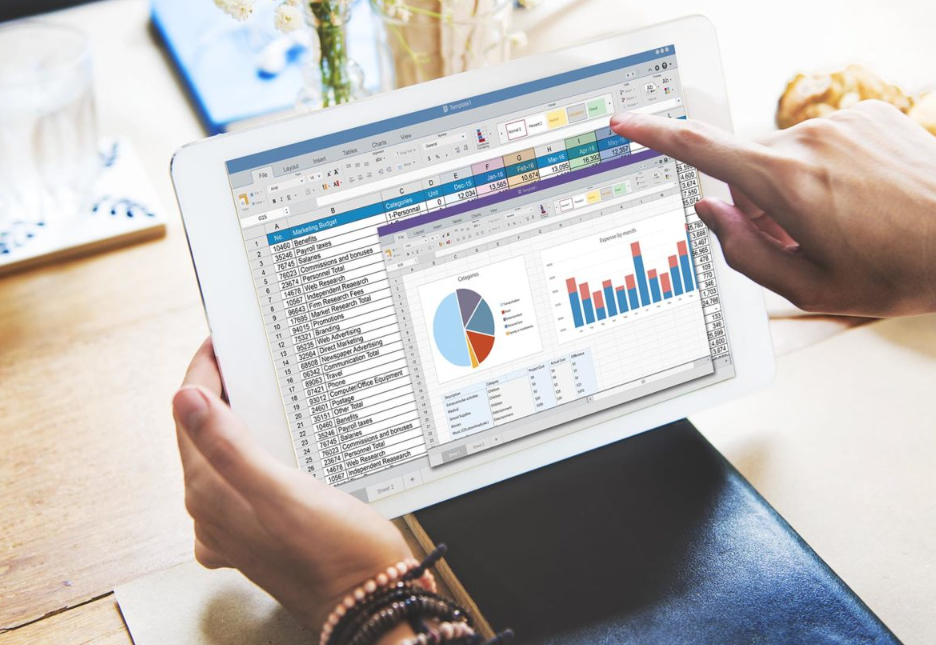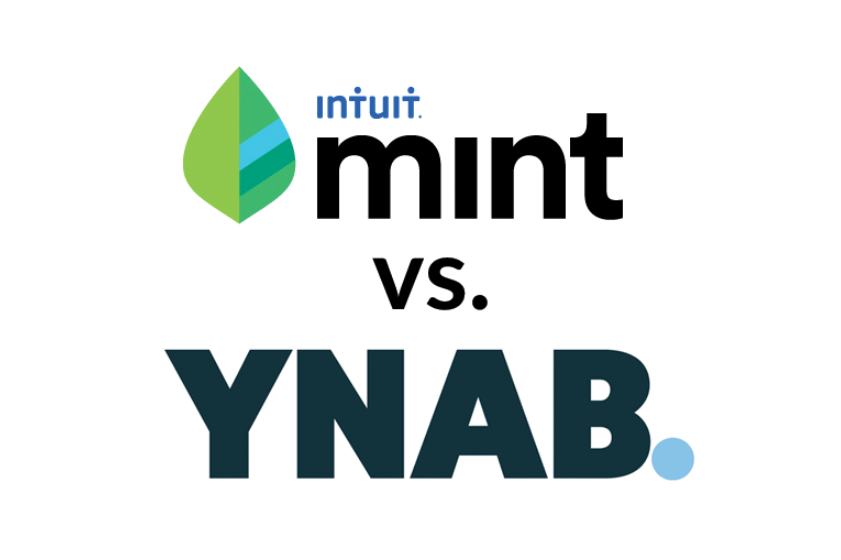Digital wallet: Complete guide to secure and convenient payments
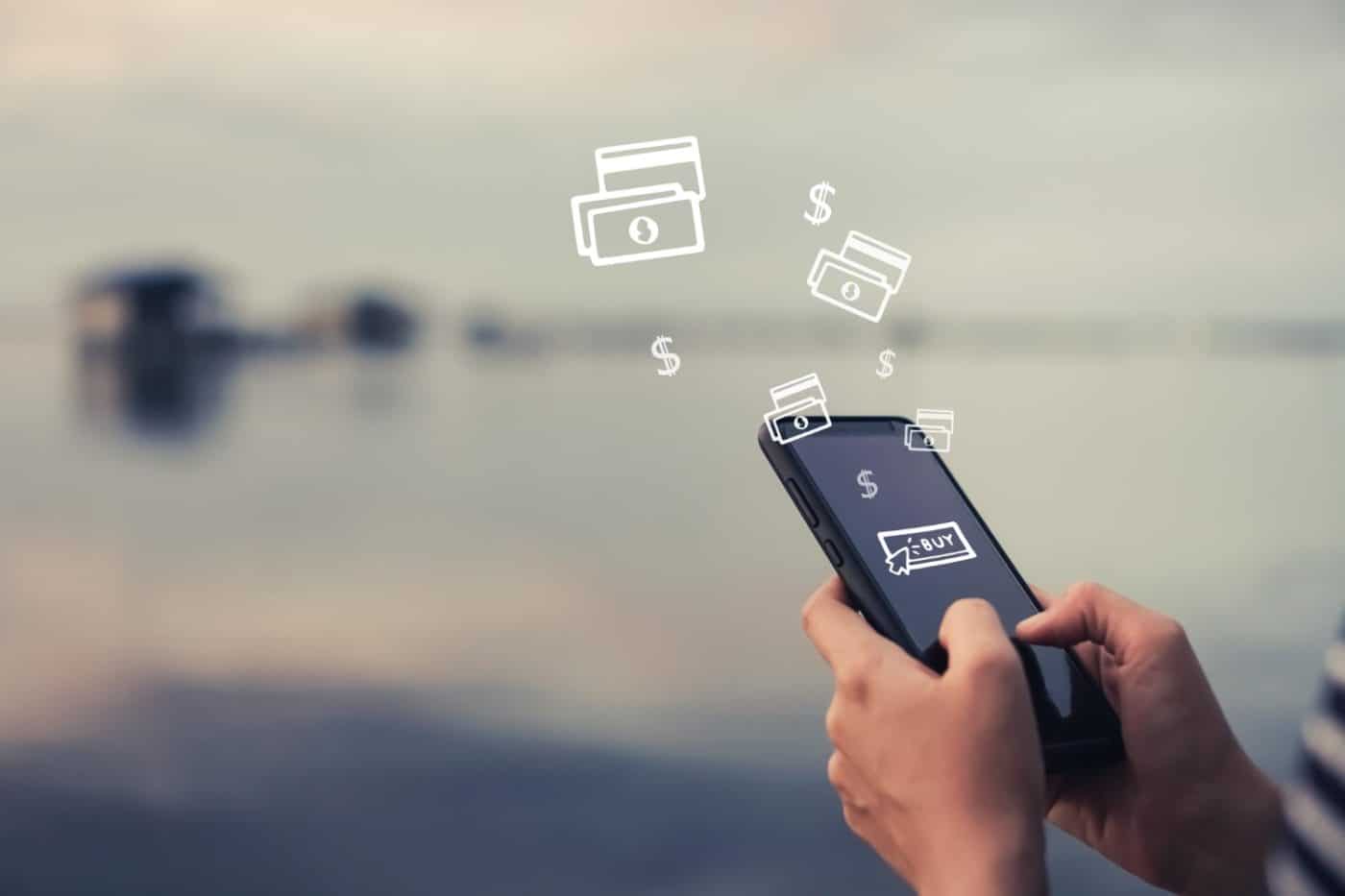
Anúncios
In today’s fast-paced modern world, a digital wallet has become an indispensable tool for managing finances.
It eliminates the need for cash or physical cards, bringing all your payment methods together in one secure and convenient platform.
Anúncios
But what is a digital wallet, how does it work, and which one is right for you?
This guide will answer these questions and more, helping you understand how digital wallets are transforming the way we transact and manage money.
Anúncios
What is a digital wallet?
A digital wallet is a virtual platform that securely stores your payment information, allowing you to make electronic transactions without the need for cash or physical cards.
It includes details like credit card numbers, debit card information, and even digital currencies.
Beyond payments, digital wallets can also store loyalty cards, boarding passes, event tickets, and IDs, making them versatile tools for everyday use.
By using encryption and tokenization, digital wallets ensure your sensitive financial data is protected.
Whether shopping online, paying in-store, or transferring money to a friend, a digital wallet simplifies the process while enhancing security.
Popular examples include Apple Wallet, Google Wallet, and PayPal, all designed to make financial transactions fast, secure, and convenient.
How does a digital wallet work?
A digital wallet works by encrypting your payment data and using it to complete transactions securely.
After setting up a digital wallet by downloading an app and linking your payment methods, you can use it for various types of payments.
For in-store purchases, digital wallets leverage Near Field Communication (NFC) technology.
Simply tap your smartphone or smartwatch on a compatible payment terminal, and the wallet generates a unique token for the transaction.
This token replaces your actual card number, ensuring your sensitive information is never exposed. Online digital wallets automatically fill in your payment details, saving time and reducing errors.
Advanced security features like biometric authentication (e.g., fingerprint or facial recognition) ensure only you can authorize payments.
Whether paying for groceries, booking a flight, or shopping online, a digital wallet simplifies the process while keeping your data secure.

What can a digital wallet be used for?
Digital wallets are incredibly versatile, offering functionalities that go beyond just payments.
In-store transactions
One of the most popular uses of a digital wallet is for contactless payments in stores. With a simple tap of your device, you can pay at compatible terminals, eliminating the need to carry cash or cards.
This is especially useful for quick transactions or when you want to minimize contact with shared surfaces.
Online shopping
Digital wallets make online shopping faster and more secure by storing your payment details and auto-filling them during checkout.
This not only saves time but also reduces the chances of input errors. For frequent online shoppers, this feature is invaluable.
Peer-to-peer transfers
Many digital wallets, such as Venmo, Cash App, and PayPal, allow users to send and receive money instantly.
Whether splitting a dinner bill, sharing rent with roommates, or sending money to family, digital wallets simplify peer-to-peer transactions.
Document and ticket storage
Digital wallets can also store non-payment items like tickets, boarding passes, and loyalty cards.
By consolidating everything in one place, they help you stay organized and reduce paper clutter.
Types of digital wallets
There are several types of digital wallets, each designed for specific needs and preferences.
Closed wallets
Closed wallets are designed for exclusive use within a specific company’s ecosystem. For example, the Starbucks Wallet allows you to load funds and pay only at Starbucks stores.
These wallets are great for loyal customers who frequently shop at specific retailers.
Semi-closed wallets
Semi-closed wallets can be used across a network of approved merchants, both online and offline.
Examples include PayPal and Venmo, offering flexibility while maintaining a secure payment environment.
Open wallets
Open wallets, such as Apple Pay and Google Wallet, offer the most versatility.
They can be used for a wide range of transactions, including in-store payments, online shopping, peer-to-peer transfers, and even ATM withdrawals.
Cryptocurrency wallets
Cryptocurrency wallets are specifically designed to store and manage digital currencies like Bitcoin and Ethereum.
They are essential for anyone investing in or trading cryptocurrencies, offering features like secure storage of private keys and transaction management.
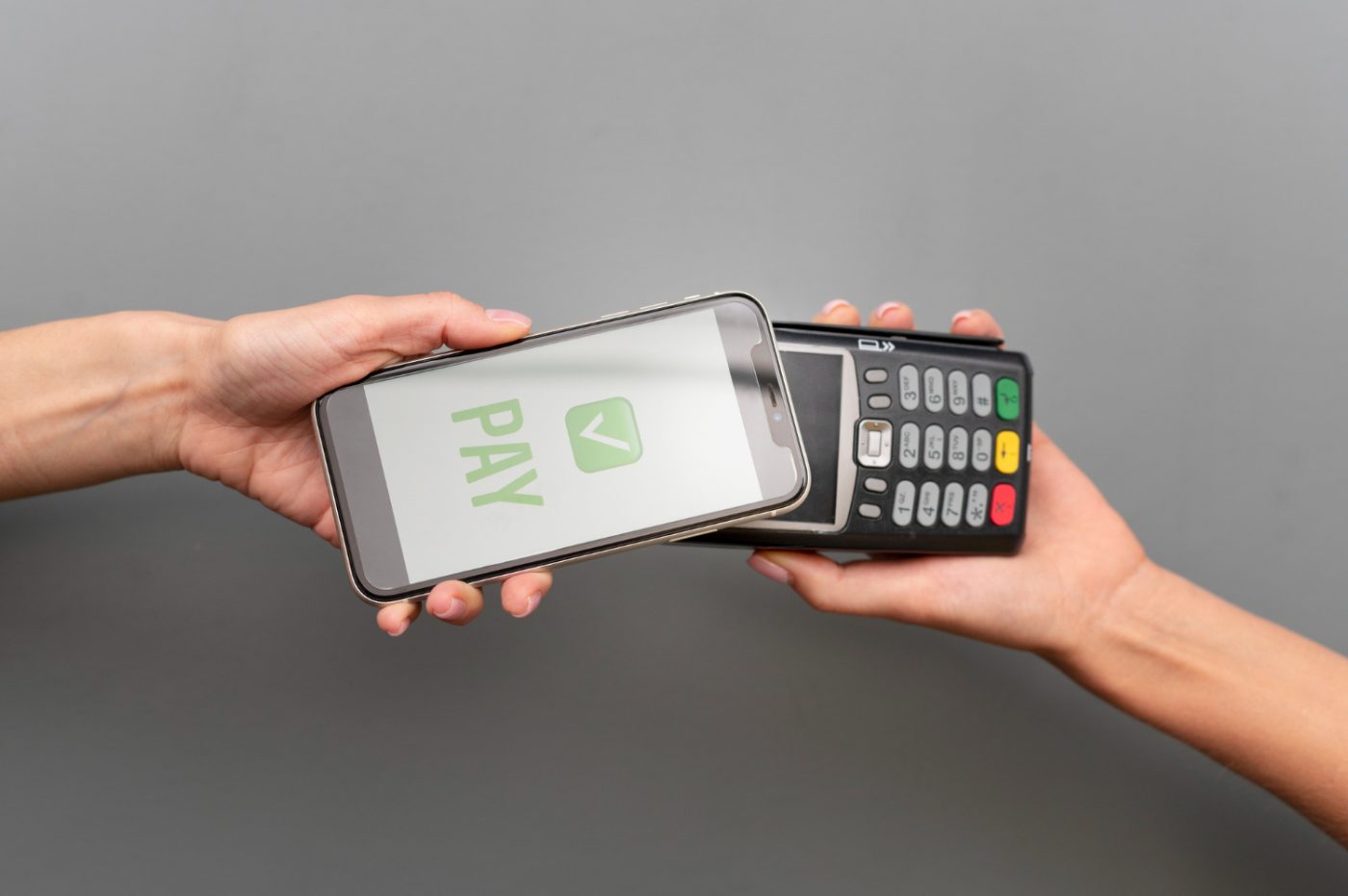
Are digital wallets secure?
Digital wallets are built with advanced security features to protect your financial data.
Technologies like encryption, tokenization, and multifactor authentication ensure that your sensitive information remains secure.
Unlike traditional cards, digital wallets don’t share your actual card number during transactions. Instead, they generate a unique token that cannot be reused.
This significantly reduces the risk of data breaches and fraud. However, the security of a digital wallet also depends on the user.
Strong passwords, biometric authentication, and caution when using public Wi-Fi are essential for maintaining security.
Regularly monitoring your transactions and enabling notifications for suspicious activity can further safeguard your wallet.
How to choose a digital wallet
Selecting the right digital wallet depends on your financial habits, the types of transactions you perform, and your preferred features.
- Device compatibility: Choose a wallet that works seamlessly with your smartphone or smartwatch. Apple Wallet is ideal for iOS users, while Google Wallet caters to Android users.
- Features: Look for features like peer-to-peer transfers, support for multiple cards, and the ability to store non-payment items like tickets and IDs.
- Merchant acceptance: Ensure the wallet is widely accepted by the retailers and platforms you use frequently.
- Security: Prioritize wallets with strong encryption, tokenization, and biometric authentication.
- Ease of use: A user-friendly interface makes managing your payments and documents simple and intuitive.
By evaluating these factors, you can find a wallet that enhances your financial experience and meets your specific needs.
Is it worth using a digital wallet?
With the growing popularity of digital wallets, many wonders if they are truly worth it. The answer depends on your needs, lifestyle, and financial habits.
Evaluating the pros and cons can help you decide if this technology is right for you.
Advantages
- Convenience: Digital wallets eliminate the need for cash or physical cards, streamlining your daily transactions.
- Security: Advanced technologies like tokenization and encryption reduce the risk of fraud.
- Efficiency: Features like autofill and instant transfers save time and effort.
- Versatility: Beyond payments, digital wallets can store tickets, passes, and more, simplifying organization.
Disadvantages
- Dependence on technology: Digital wallets require compatible devices and reliable internet access, which may not always be available.
- Limited merchant acceptance: Not all retailers accept digital wallets, which can be a drawback in certain situations.
- Learning curve: For less tech-savvy users, setting up and using a digital wallet may seem challenging.
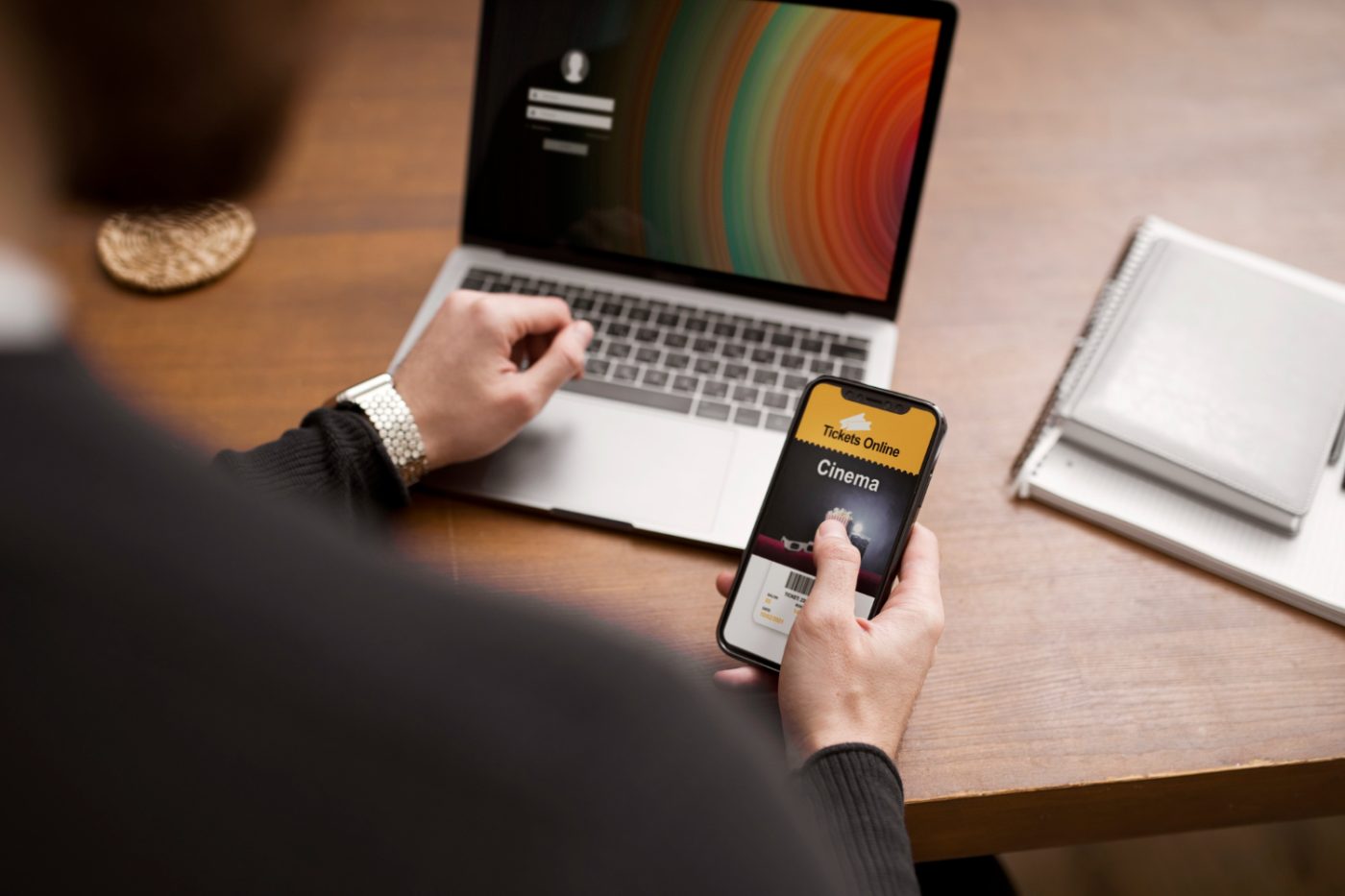
A digital wallet offers a seamless, secure, and efficient way to manage your finances, making it a valuable tool in today’s digital age.
Whether shopping online, paying in-store, or transferring money to a friend, the convenience and security of a digital wallet are hard to beat.
If you’re curious about what a digital wallet is and how it can improve your financial life, explore our website for more tips and insights.
Embrace the future of payments and take control of your financial transactions today! Learn more about travel budget apps and how they can help you.
